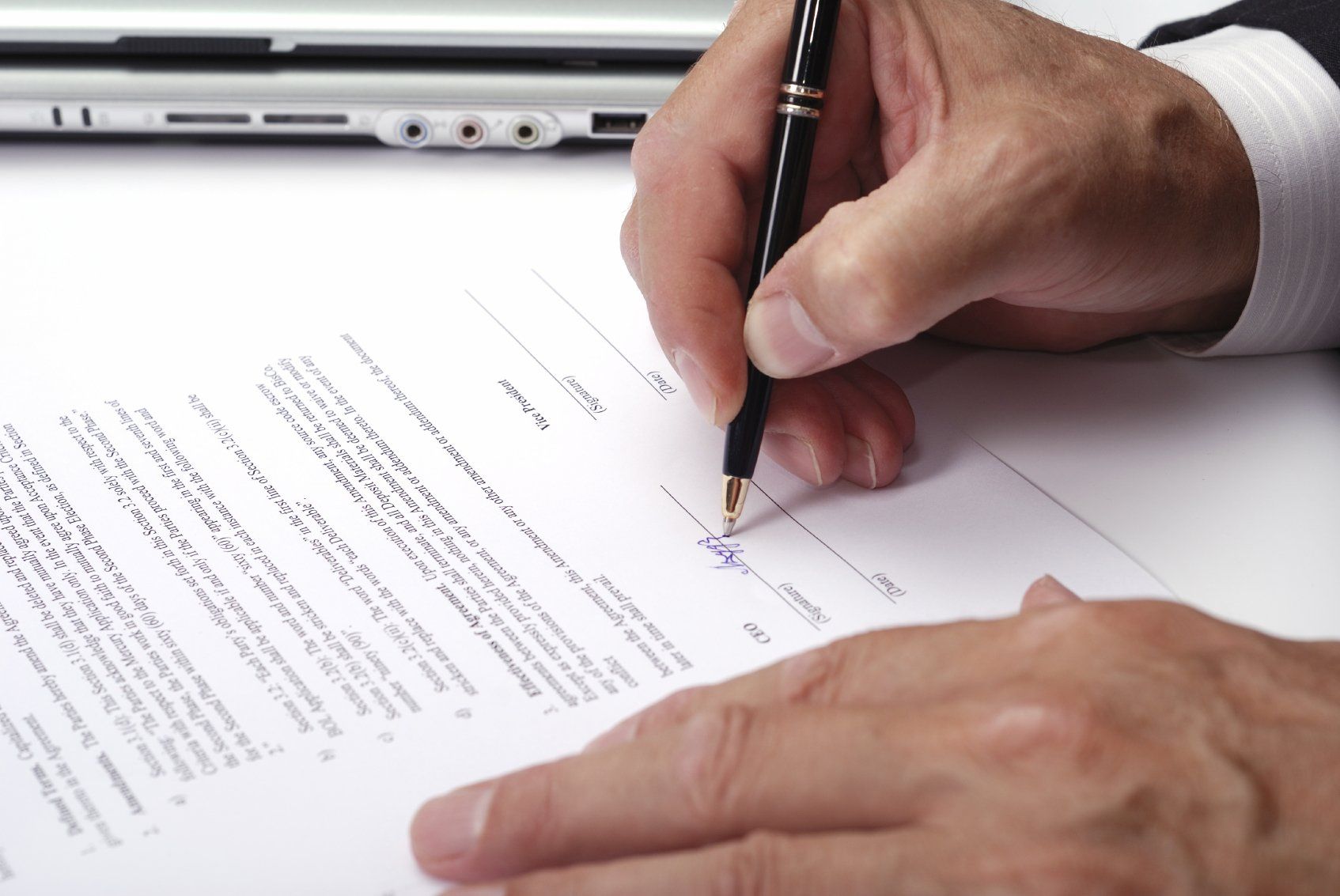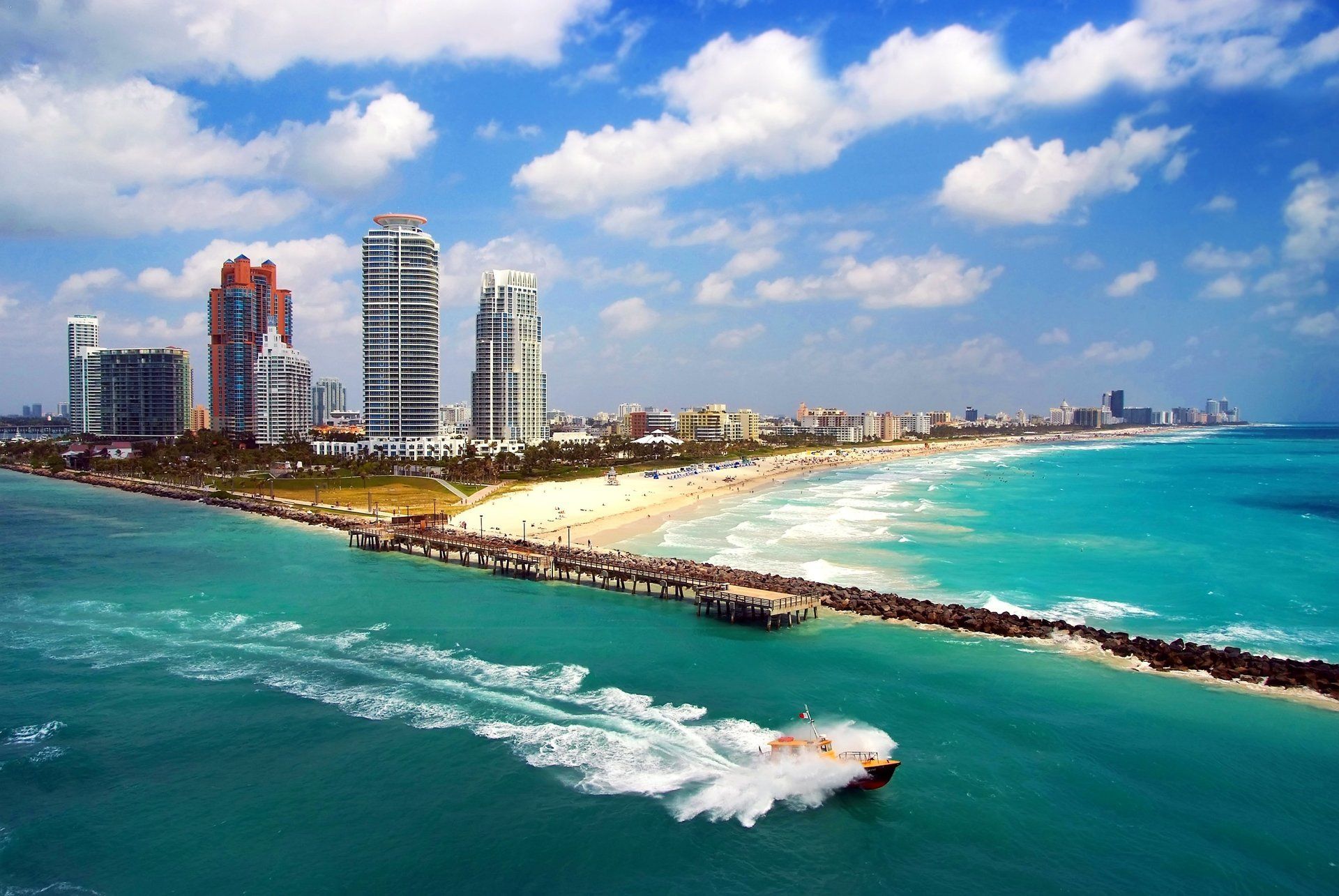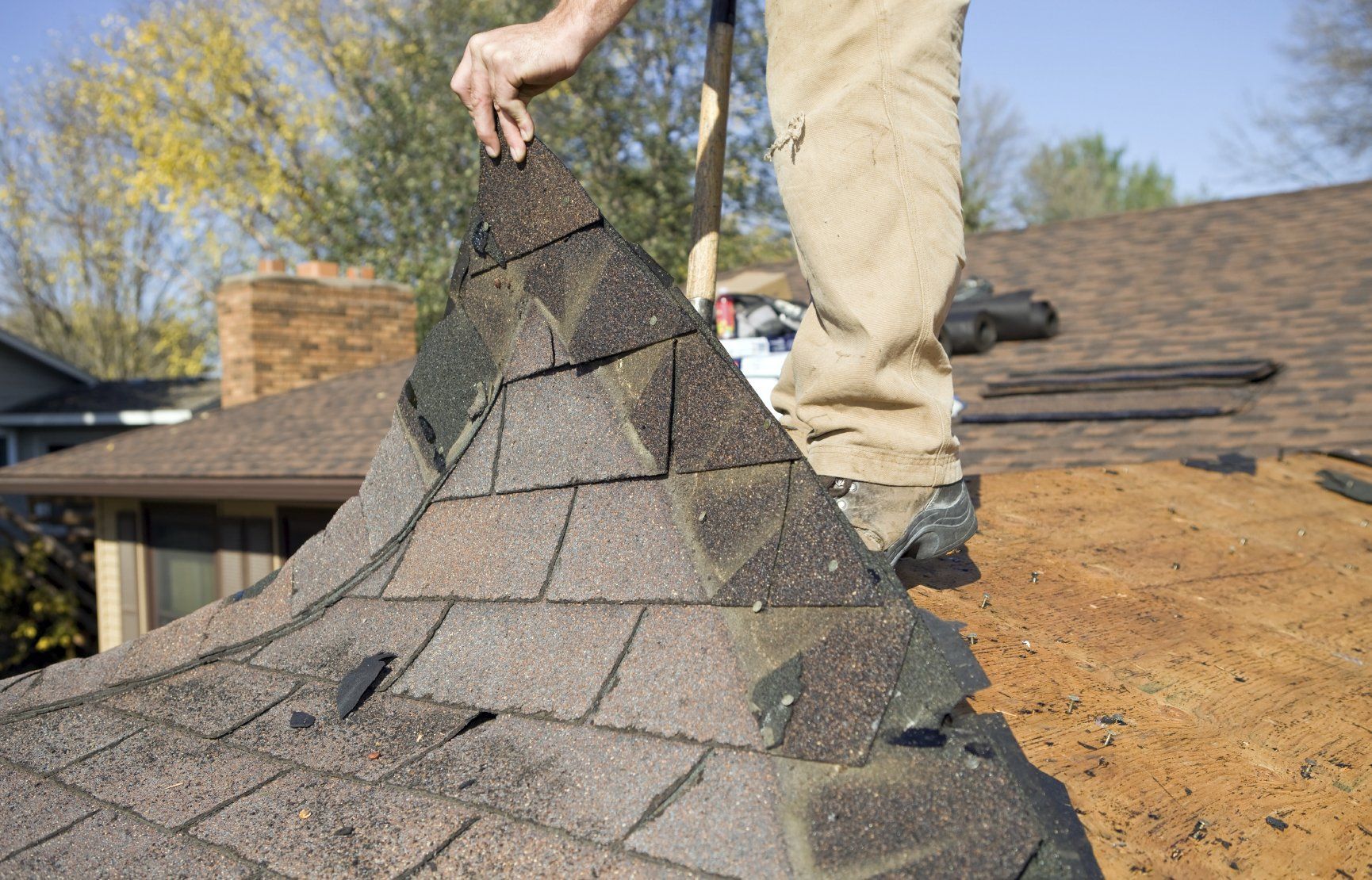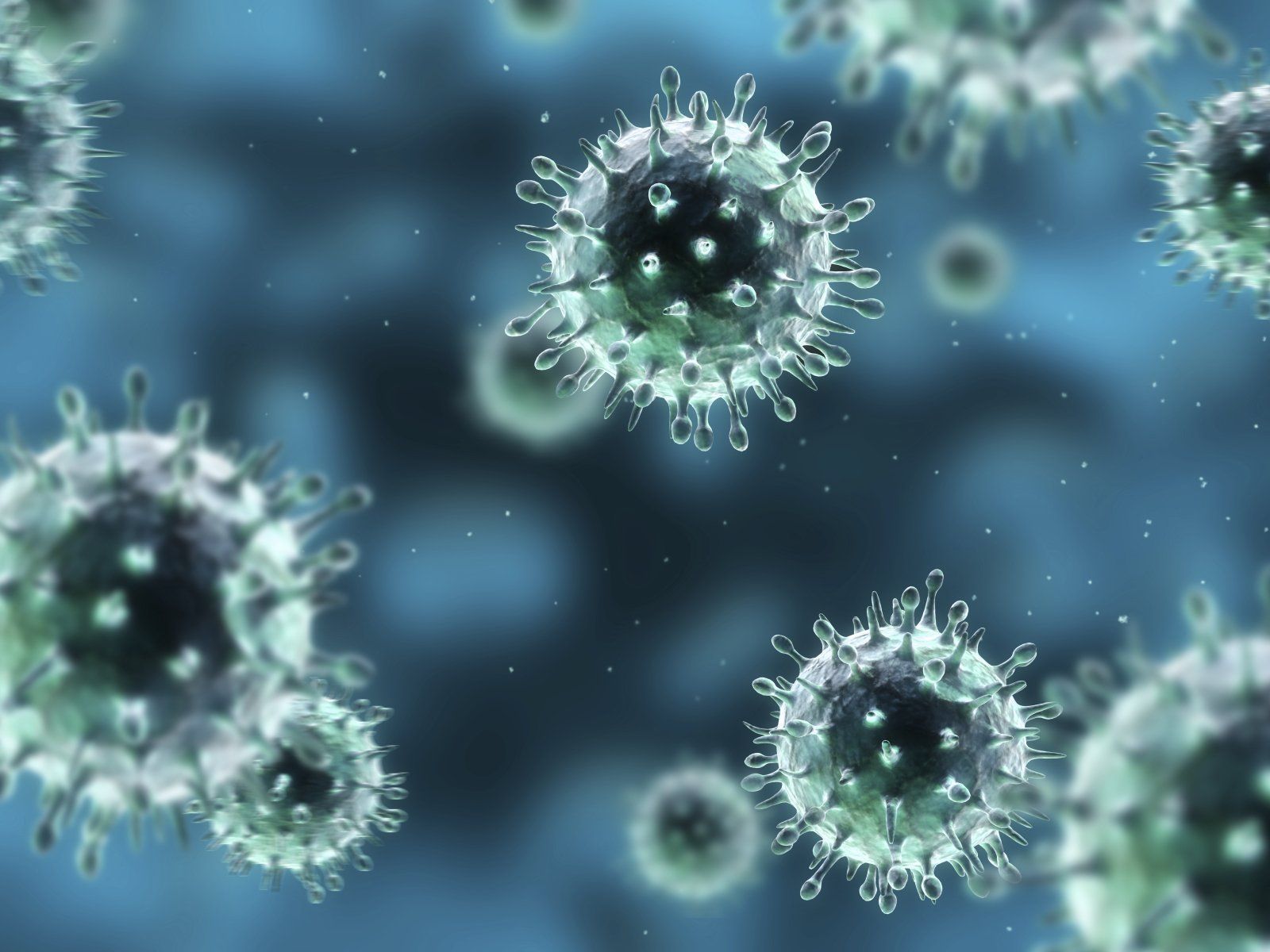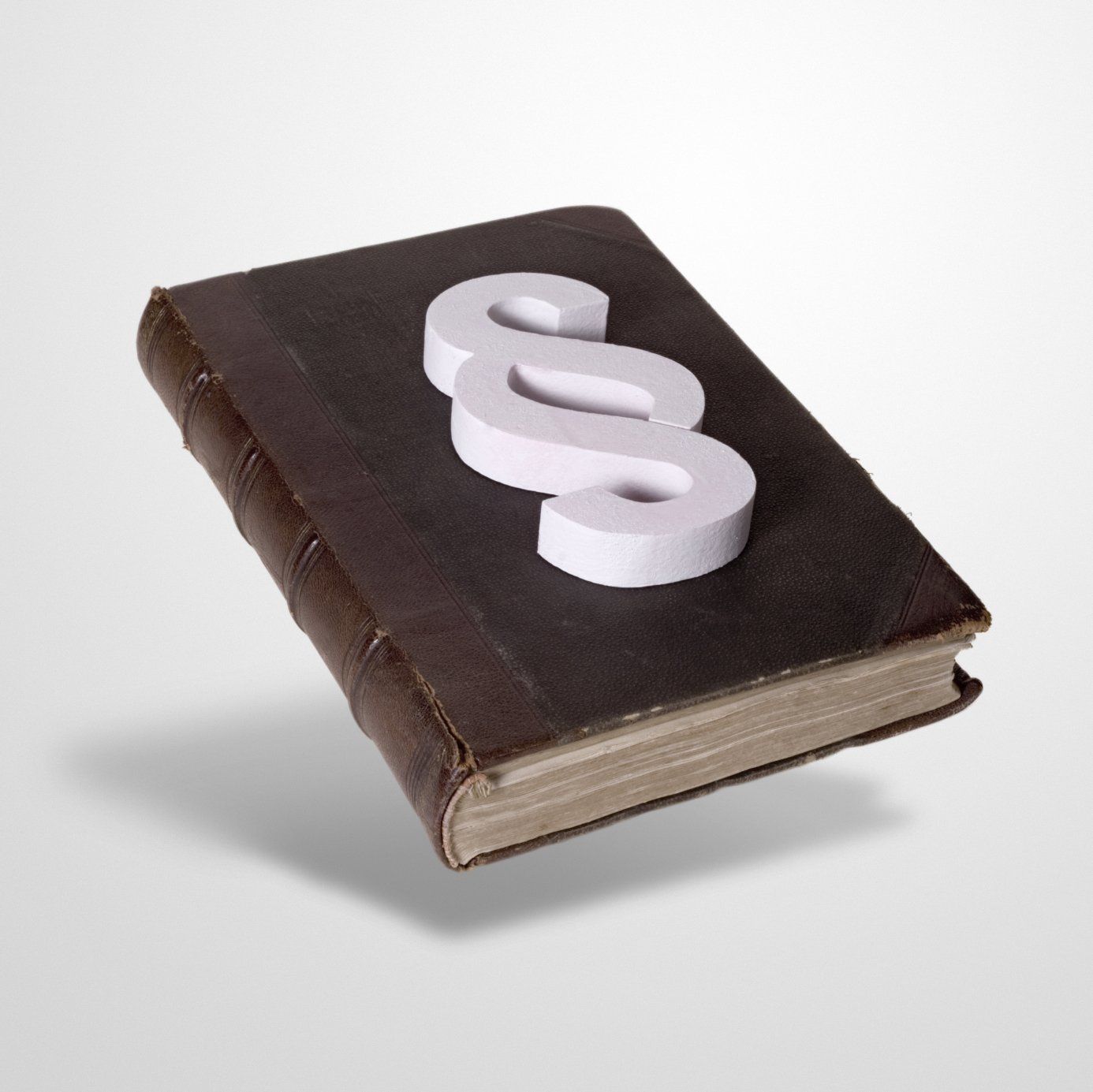Are You Ready for a Hurricane???
- By Richard Middagh
- •
- 16 Jun, 2020
- •
The time to prepare for a Hurricane is now!
The time to prepare for a hurricane is now! Do not wait until a hurricane is coming to gear up! Take the time now to develop your hurricane plan and organize your supplies. Middagh Law, PLLC wants you to be ready to face any unfortunate weather event. If at any time you have damage to your home or business due to a storm or flood, we may be able to help you in filing your claim, representing you after your claim has been underpaid, untimely delay or wrongfully denied even if you have hired a Public Adjuster prior to calling us. We encourage you to contact us
to receive a free and confidential initial consultation by calling (786) 395-1148
or emailing me at richard@middaghlaw.com.
At all times, be prepared and stay safe. Below are useful tips you may use in preparation of this Hurricane Season:
Before a Hurricane
Find out what types of wind and water hazards could happen where you live, and then start preparing how to handle them. Hurricanes are not just a coastal problem. Hurricanes can be felt hundreds of miles inland, and significant impacts can occur without it being a major hurricane. Make copies of your Insurance Policies and check with your insurance agent now for an insurance checkup to ensure you have the best coverage for your property (e.g. enough coverage, flood, wind, best deductible, etc.).
Find out if you live in a hurricane evacuation zone. If you do, now is the time to begin planning where you would go and how you would get there. You do not need to travel hundreds of miles, but have multiple options. Your destination could be a friend or relative who doesn’t live in an evacuation zone. If you live in a well-built home outside the evacuation zone, your safest place may be to remain home. Be sure to account for your pets in your plan. As hurricane season approaches, listen to local officials on questions related to how you may need to adjust any evacuation plans based on the latest health and safety guidelines from the CDC and your local officials.
Many Americans rely on their neighbors after a disaster, but there are also many ways you can help your neighbors before a hurricane approaches. Learn about all the different actions you and your neighbors can take to prepare and recover from the hazards associated with hurricanes. Start the conversation now with your neighbor and remember you may need to adjust your preparedness plans based on the latest health and safety guidelines from the CDC and your local officials.
The time to prepare for a hurricane is before the season begins, when you have the time and are not under pressure. If you wait until a hurricane is on your doorstep, the odds are that you will be under duress and will make the wrong decisions. Take the time now to write down your hurricane plan. Know who issues evacuation orders for your area, determine locations on where you will ride out the storm, and start to get your supplies now. Being prepared before a hurricane threatens makes you resilient to the hurricane impacts of wind and water. It will mean the difference between being a hurricane victim or a hurricane survivor.
Hurricane Kits
It is important to create a kit of supplies that you could take with you if you are forced to evacuate. This kit will also be useful if you are able to stay in your home, but still affected by the storm, such as through the loss of power. One common trend seen when hurricanes are approaching is a wide-spread panic. When this happens, people rush in large numbers to get all the supplies they think they need. However, if you prepare your kit ahead of time, you can alleviate a lot of the potential stress of a very chaotic situation. You should create your kit in a bag that you can easily take with you.
Some recommended items to include are:
• Non-perishable food (enough to last at least 3 days)
• Water (enough to last at least 3 days)
• First-aid kit (include any prescription medication you may need)
• Personal hygiene items and sanitation items
• Flashlights (have extra batteries)
• Battery operated radio (have extra batteries)
• Waterproof container for cash and important documents
• Manual can opener
• Lighter or matches
• Books, magazines, games for recreation
• Special needs items: pet supplies and baby supplies if applicable
• Cooler and ice packs
• A plan for evacuation and if family members are separated
Securing Your Home
Know how to secure your home in the event of damaging winds, storm surge and flooding:
• Cover all of your windows, either with hurricane shutters or wood.
• Although tape can prevent glass from shattering everywhere, be warned that tape does not prevent the window from breaking.
• If possible, secure straps or clips to securely fasten your roof to the structure of your home.
• Make sure all trees and shrubs are trimmed and clear rain gutters.
• Reinforce your garage doors.
• Bring in all outdoor furniture, garbage cans, decorations, and anything else that is not tied down.
• If winds become strong, stay away from windows and doors and close, secure and brace internal doors.
Power Outages
In the event a storm should leave you without power, there are a few things to consider and help you be ready and stay safe outside of your normal hurricane preparedness:
• Gas: Make sure your tank is full far in advance of an approaching storm. Most people wait until the last minute, rush to get extra gas for cars and generators, and subsequently gas stations can run out early.
• ATMS: Have extra cash on hand in the event no ATMS in your area are accessible or working.
• Cell Phones: Charge your cell phone and limit use after power is out.
• A/C: This can be the most uncomfortable side effect of losing power during a storm. Try to prevent as much light from entering and warming the house by covering up your windows on the inside. If you have back-up or battery operated fans, don't run them unless you are in the room. Fans create a difference in perceived temperature but do not cool the room; instead they create a cooling effect by dispersing the heat off your skin. It is said they can actually add heat to a room just by running.
• Water: Fill bathtub and large containers with water for washing and flushing only.
• Food: Turn your fridge temperature down and/or freeze any food or drinking water that can be frozen if you expect a power outage. Have a cooler with ice packs prepared to cool your drinks and snacks after power has been out for more than 4 hours. And importantly, check out this food safety guide for when to discard your perishable food: http://www.foodsafety.gov/keep/charts/refridg_food.html
• Health/Safety: Ensure you have plenty of your prescription and necessary medications before the storm. At least two weeks supply of medication, medical supplies used regularly. Writing a list of these and your allergies would help if you need to visit an emergency room.
• Shelters: Consider evacuating before a storm hits or if needed after the storm safely passes. Listen to the authorities when instructed to do so. Familiarize yourself with all shelters near you and the safe evacuation routes you can use to travel.
Be safe and be prepared! If your home or business is damaged due to a storm or flood this Hurricane Season, we encourage you to contact us as soon as its safe to discuss your home or business insurance coverage or claim by calling (786) 395-1148 or emailing me at richard@middaghlaw.com.
At all times, be prepared and stay safe. Below are useful tips you may use in preparation of this Hurricane Season:
Before a Hurricane
Find out what types of wind and water hazards could happen where you live, and then start preparing how to handle them. Hurricanes are not just a coastal problem. Hurricanes can be felt hundreds of miles inland, and significant impacts can occur without it being a major hurricane. Make copies of your Insurance Policies and check with your insurance agent now for an insurance checkup to ensure you have the best coverage for your property (e.g. enough coverage, flood, wind, best deductible, etc.).
Find out if you live in a hurricane evacuation zone. If you do, now is the time to begin planning where you would go and how you would get there. You do not need to travel hundreds of miles, but have multiple options. Your destination could be a friend or relative who doesn’t live in an evacuation zone. If you live in a well-built home outside the evacuation zone, your safest place may be to remain home. Be sure to account for your pets in your plan. As hurricane season approaches, listen to local officials on questions related to how you may need to adjust any evacuation plans based on the latest health and safety guidelines from the CDC and your local officials.
Many Americans rely on their neighbors after a disaster, but there are also many ways you can help your neighbors before a hurricane approaches. Learn about all the different actions you and your neighbors can take to prepare and recover from the hazards associated with hurricanes. Start the conversation now with your neighbor and remember you may need to adjust your preparedness plans based on the latest health and safety guidelines from the CDC and your local officials.
The time to prepare for a hurricane is before the season begins, when you have the time and are not under pressure. If you wait until a hurricane is on your doorstep, the odds are that you will be under duress and will make the wrong decisions. Take the time now to write down your hurricane plan. Know who issues evacuation orders for your area, determine locations on where you will ride out the storm, and start to get your supplies now. Being prepared before a hurricane threatens makes you resilient to the hurricane impacts of wind and water. It will mean the difference between being a hurricane victim or a hurricane survivor.
Hurricane Kits
It is important to create a kit of supplies that you could take with you if you are forced to evacuate. This kit will also be useful if you are able to stay in your home, but still affected by the storm, such as through the loss of power. One common trend seen when hurricanes are approaching is a wide-spread panic. When this happens, people rush in large numbers to get all the supplies they think they need. However, if you prepare your kit ahead of time, you can alleviate a lot of the potential stress of a very chaotic situation. You should create your kit in a bag that you can easily take with you.
Some recommended items to include are:
• Non-perishable food (enough to last at least 3 days)
• Water (enough to last at least 3 days)
• First-aid kit (include any prescription medication you may need)
• Personal hygiene items and sanitation items
• Flashlights (have extra batteries)
• Battery operated radio (have extra batteries)
• Waterproof container for cash and important documents
• Manual can opener
• Lighter or matches
• Books, magazines, games for recreation
• Special needs items: pet supplies and baby supplies if applicable
• Cooler and ice packs
• A plan for evacuation and if family members are separated
Securing Your Home
Know how to secure your home in the event of damaging winds, storm surge and flooding:
• Cover all of your windows, either with hurricane shutters or wood.
• Although tape can prevent glass from shattering everywhere, be warned that tape does not prevent the window from breaking.
• If possible, secure straps or clips to securely fasten your roof to the structure of your home.
• Make sure all trees and shrubs are trimmed and clear rain gutters.
• Reinforce your garage doors.
• Bring in all outdoor furniture, garbage cans, decorations, and anything else that is not tied down.
• If winds become strong, stay away from windows and doors and close, secure and brace internal doors.
Power Outages
In the event a storm should leave you without power, there are a few things to consider and help you be ready and stay safe outside of your normal hurricane preparedness:
• Gas: Make sure your tank is full far in advance of an approaching storm. Most people wait until the last minute, rush to get extra gas for cars and generators, and subsequently gas stations can run out early.
• ATMS: Have extra cash on hand in the event no ATMS in your area are accessible or working.
• Cell Phones: Charge your cell phone and limit use after power is out.
• A/C: This can be the most uncomfortable side effect of losing power during a storm. Try to prevent as much light from entering and warming the house by covering up your windows on the inside. If you have back-up or battery operated fans, don't run them unless you are in the room. Fans create a difference in perceived temperature but do not cool the room; instead they create a cooling effect by dispersing the heat off your skin. It is said they can actually add heat to a room just by running.
• Water: Fill bathtub and large containers with water for washing and flushing only.
• Food: Turn your fridge temperature down and/or freeze any food or drinking water that can be frozen if you expect a power outage. Have a cooler with ice packs prepared to cool your drinks and snacks after power has been out for more than 4 hours. And importantly, check out this food safety guide for when to discard your perishable food: http://www.foodsafety.gov/keep/charts/refridg_food.html
• Health/Safety: Ensure you have plenty of your prescription and necessary medications before the storm. At least two weeks supply of medication, medical supplies used regularly. Writing a list of these and your allergies would help if you need to visit an emergency room.
• Shelters: Consider evacuating before a storm hits or if needed after the storm safely passes. Listen to the authorities when instructed to do so. Familiarize yourself with all shelters near you and the safe evacuation routes you can use to travel.
Be safe and be prepared! If your home or business is damaged due to a storm or flood this Hurricane Season, we encourage you to contact us as soon as its safe to discuss your home or business insurance coverage or claim by calling (786) 395-1148 or emailing me at richard@middaghlaw.com.
Show More


